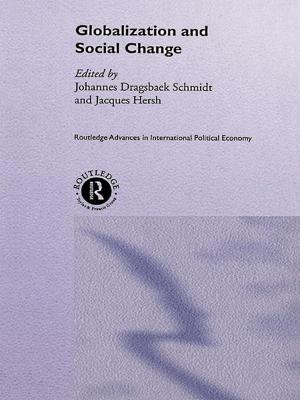The Development of Language Processing Strategies
A Cross-linguistic Study Between Japanese and English
Nonfiction, Reference & Language, Language Arts, Public Speaking, Speech, Health & Well Being, Psychology| Author: | Reiko Mazuka | ISBN: | 9781317781547 |
| Publisher: | Taylor and Francis | Publication: | May 12, 2014 |
| Imprint: | Psychology Press | Language: | English |
| Author: | Reiko Mazuka |
| ISBN: | 9781317781547 |
| Publisher: | Taylor and Francis |
| Publication: | May 12, 2014 |
| Imprint: | Psychology Press |
| Language: | English |
Ever since the notion of explanatory adequacy was promoted by Chomsky in his 1965 Aspects, linguists and psycholinguists have been in pursuit of a psychologically valid theory of grammar. To be explanatorily adequate, a theory of grammar can not only describe the general characteristics of a language but can also account for the underlying psychological processes of acquiring and processing that language. To be considered psychologically valid, a grammar must be learnable by ordinary children (the problem of acquisition) and must generate sentences that are parsable by ordinary people (the problem of processing). Ultimately, the fields of language acquisition and processing are concerned with the same goal: to build a theory that accounts for grammar as it is acquired by children; accessed in comprehension and production of speech; and represented within the human mind. Unfortunately, these two fields developed independently and have rarely been well-informed about each other's concerns. Both have experienced past difficulties as a result.
Recently, new models have been developed with full consideration to cross-linguistic diversity. Gone are many of the basic assumptions of conventional models, and in their place a variety of innovative and more flexible assumptions have emerged. However, in their attempt to address cross-linguistic issues, these processing models have yet to fully address the developmental challenge: How can a child without a stable grammar process language and still manage to acquire new grammar?
This book attempts to develop a model of language processing that addresses both cross-linguistic and developmental challenges. It proposes to link the setting of a basic configurational parameter during language acquisition to the different organization of processing strategies in left- and right-branching languages. Based primarily on Mazuka's doctoral dissertation, this volume incorporates various responses to the original proposal as well as the author's responses to the comments.
Ever since the notion of explanatory adequacy was promoted by Chomsky in his 1965 Aspects, linguists and psycholinguists have been in pursuit of a psychologically valid theory of grammar. To be explanatorily adequate, a theory of grammar can not only describe the general characteristics of a language but can also account for the underlying psychological processes of acquiring and processing that language. To be considered psychologically valid, a grammar must be learnable by ordinary children (the problem of acquisition) and must generate sentences that are parsable by ordinary people (the problem of processing). Ultimately, the fields of language acquisition and processing are concerned with the same goal: to build a theory that accounts for grammar as it is acquired by children; accessed in comprehension and production of speech; and represented within the human mind. Unfortunately, these two fields developed independently and have rarely been well-informed about each other's concerns. Both have experienced past difficulties as a result.
Recently, new models have been developed with full consideration to cross-linguistic diversity. Gone are many of the basic assumptions of conventional models, and in their place a variety of innovative and more flexible assumptions have emerged. However, in their attempt to address cross-linguistic issues, these processing models have yet to fully address the developmental challenge: How can a child without a stable grammar process language and still manage to acquire new grammar?
This book attempts to develop a model of language processing that addresses both cross-linguistic and developmental challenges. It proposes to link the setting of a basic configurational parameter during language acquisition to the different organization of processing strategies in left- and right-branching languages. Based primarily on Mazuka's doctoral dissertation, this volume incorporates various responses to the original proposal as well as the author's responses to the comments.















